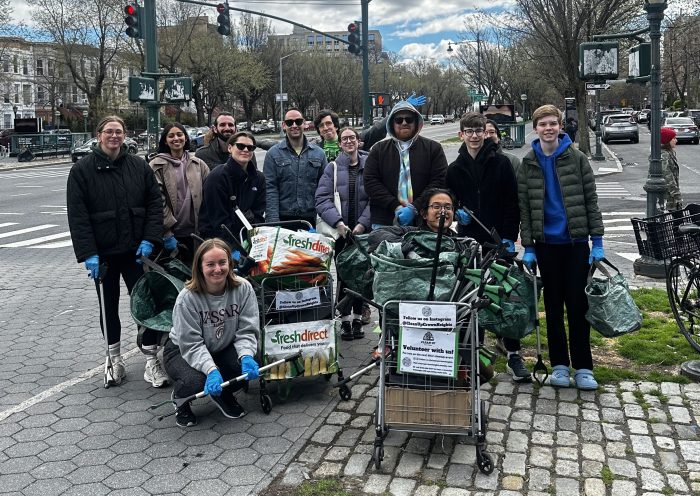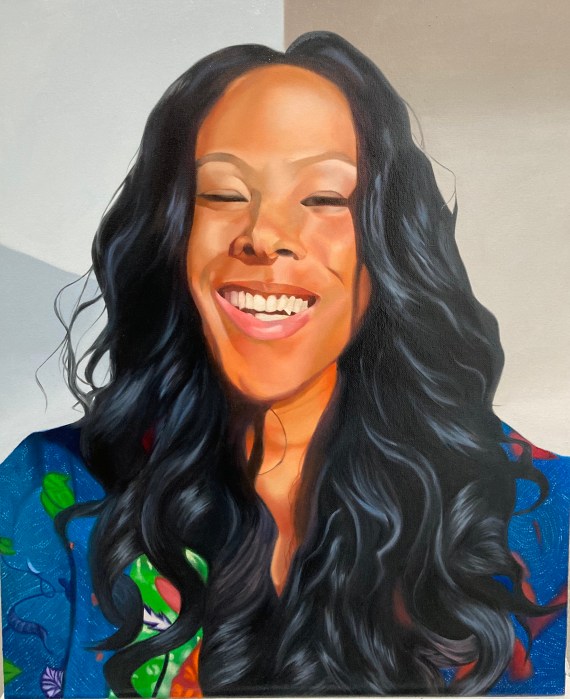Cali. appeals court says docs could object to singles inseminating
A California intermediate appellate court has ruled that the 2005 statute that made “marital status” an express prohibited ground for discrimination under the state’s public accommodations law should not be applied retroactively to a San Diego clinic’s refusal to perform intrauterine insemination for a lesbian patient based on the religious objections of staff members.
Reversing a partial grant of summary judgment that San Diego Superior Court Judge Ronald S. Prager had awarded in favor of Guadalupe Benitez, the 4th District Court of Appeal found that the North Coast Women’s Care Medical Group should be entitled to a trial on the question whether the refusal of services was based on Benitez’s marital status as opposed to her sexual orientation. If marital status was the basis, according to Judge Terry B. O’Rourke’s March 14 opinion for the appellate court, then the discrimination claim must be dismissed, since denial of service based on that ground was not barred until last year, five years after the events at issue.
Benitez was entitled to treatment at the clinic under the Sharp Health Plan, in which she was enrolled through her job. She began fertility treatment in 1999 with Dr. Christine Brody, who told her at that time that she would provide all relevant treatment except the actual insemination, which she would not perform due to her religious beliefs. Brody claims that the basis of her religious objection was that Benitez was unmarried.
However, Brody indicated to Benitez that there were other staff members who would be available to do the insemination, and so Benitez went forward with the treatment at that time, using the intravaginal method and frozen sperm.
Benitez failed to become pregnant despite a year of repeated efforts, and she then decided to use fresh sperm from a known donor rather than frozen sperm. The only clinic staff trained to perform the procedure using fresh sperm claimed they too had religious objections to performing the procedure. Though Benitez agreed to revert to use of frozen sperm, Dr. Douglas Fenton, apparently not understanding this, referred her to a non-plan doctor for the insemination.
Fenton claims he told Benitez that the clinic would pay for any extra costs she incurred by going outside the plan, but she denies such a promise was made. In any event, Benitez claims Fenton told her that clinic staff were uncomfortable providing insemination services for a lesbian, which was why she should obtain care elsewhere.
Benitez was successfully inseminated by the non-plan doctor and had a healthy boy, but continued to be upset at having been denied service by the clinic and filed her discrimination suit, claiming a violation of the law’s prohibition on sexual orientation discrimination. The clinic responded to the lawsuit with the argument that those of its doctors with religious objections to providing insemination services to single women had a First Amendment free exercise of religion right to refuse their services, and that the denial was not based on Benitez’s sexual orientation.
Benitez filed a motion to strike the religious privilege defense, and Judge Prager granted the motion. The clinic then immediately appealed this ruling to the court of appeal, which reversed in its March 14 decision.
The basis of the reversal was the court’s finding that there was a factual dispute about the reason why the clinic refused services to Benitez. The doctors maintain that it was because of her single status, not her sexual orientation, that she was denied services, and that as of the summer of 2000 court decisions clearly established that “marital status” was not a prohibited ground for discrimination. Benitez, on the other hand, argued that the law should be construed to have banned marital status discrimination at that time, or alternatively that the evidence indicated that it was her sexual orientation that caused the refusal of services.
When the Legislature acted in 2005 to amend the public accommodations law to make clear that it bans discrimination on the basis of sexual orientation, established previously only through court rulings, and marital status, it stated that the purpose of the amendment was to “clarify” the law. But O’Rourke asserted that this statement was not binding on the court, pointing to several pre-2005 court of appeals rulings rejecting marital status public accommodations discrimination claims. The 2005 amendment really marked a change in the law regarding the issue of marital status, O’Rourke found.
The case now comes down to the crucial question whether Benitez was denied service because she was single or because she was a lesbian.
gaycitynews.com


































